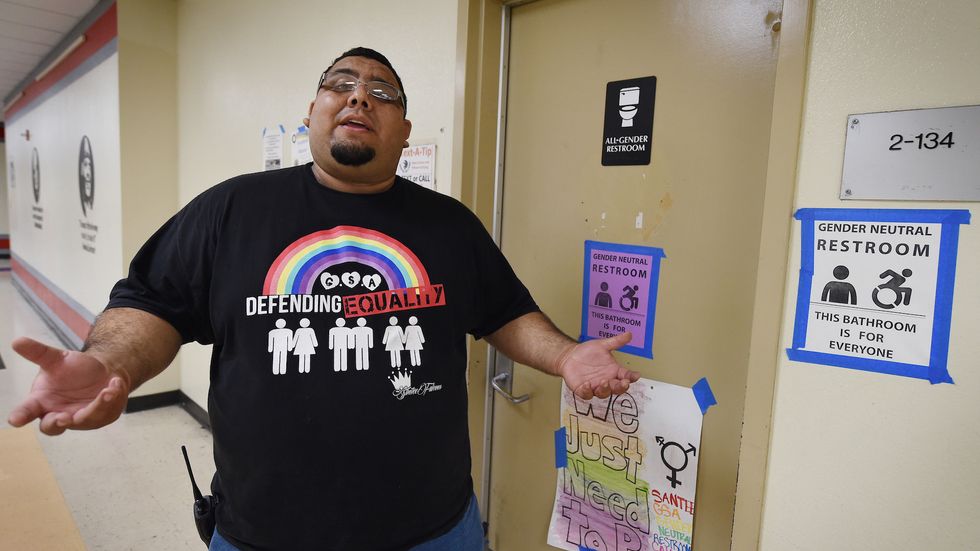A public school district in Missouri has a choice to make, one that will not please everyone no matter what choice is made. A teacher who has already been hired on in the district does not identify with either male or female genders and would like to use the honorific title "mx." rather than ms., mr., or mrs. Some parents and guardians are worried this will impact children in a negative way, confusing them and causing them to learn about things they do not consider them old enough to learn about yet.
This district has to determine if they will allow this teacher to identify as who they are, or if the risk is too much to handle for the student — or, should I say, parent — body. While there are plenty of opinions on both sides of bringing the "mx." title into schools, I want to reiterate the importance of this conversation and decision.
As a future educator, I hope that the district and the community surrounding it realize that our children and students are not in school to discriminate or disrespect people for who they are or how they identify. We go to school to learn, to spark our curiosity, and most importantly, school gives us a place where we become who we are. If a qualified educator is told they cannot identify as they feel suits them best, how will a student feel who identifies with a gender or sexuality or anything else that the general may public considers "controversial" and a threat to youth?
Awful. Rejected. Unwelcome.
Children pick up on just about everything it seems, and there is no reason why the "mx." title would confuse them or push the envelope. It has the potential to become as common as the "ms." or "mr." title. Of course, children could also learn what discrimination and lack of acceptance look like through parents and guardians who speak out against the freedom for teachers to use whatever pronoun they would like.
Pronouns are not weapons.
Pronouns are not tools to brainwash children.
They are a way for people to identify comfortably in their environment.
They allow people to be seen as not who the world wishes them to be, but instead as who they are.
By being pronoun-affirming, schools show acceptance not only for their faculty and staff but for their student body and surrounding community. Times are changing, and it is about time that the world identifies with them, starting with our schools.













